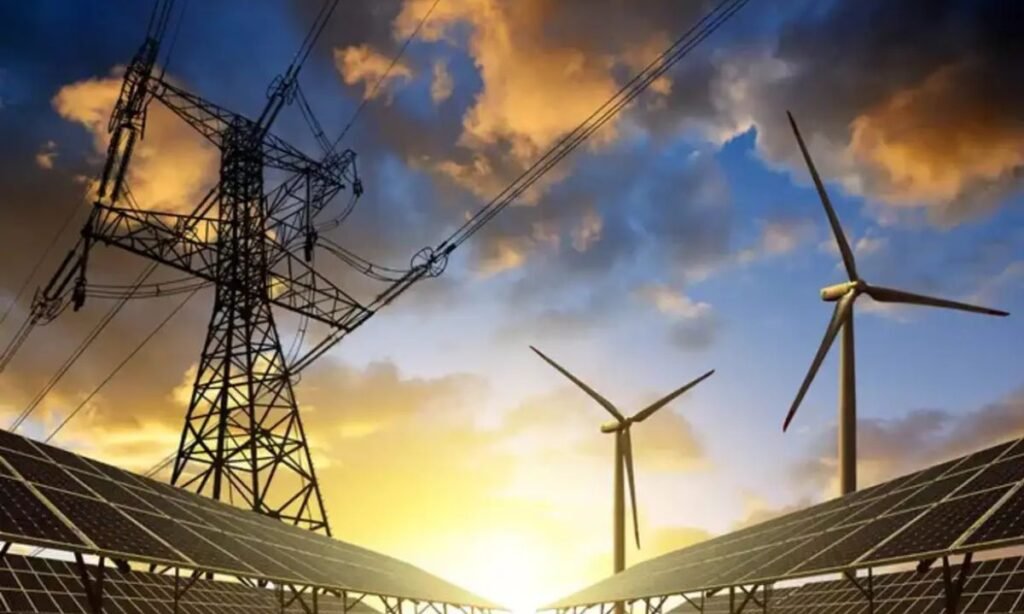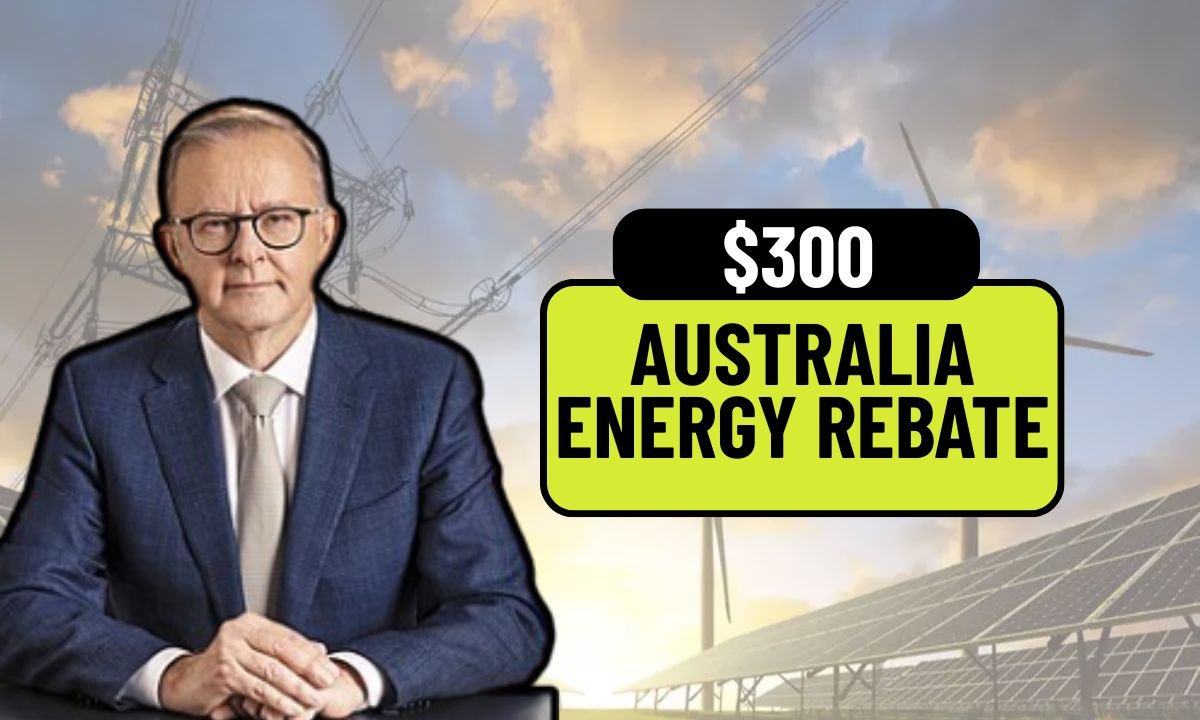Amid rising living costs and record energy bills, the Australian government’s 2025 Federal Budget has delivered an unexpected and widely welcomed measure, a flat $300 electricity rebate for every Australian household. This surprise initiative, announced by Treasurer Jim Chalmers, forms part of a broader cost-of-living relief package designed to ease pressure on household budgets. With inflation proving stubborn and energy prices climbing due to global supply strains and domestic transitions, this policy lands at a critical time for millions of families.
How the Rebate Will Work for Australians
The government will automatically apply the $300 rebate to every eligible household’s electricity account across the 2024–25 financial year. Instead of a lump sum, it will be distributed in quarterly instalments, effectively reducing power bills by $75 every three months. This ensures the support is spread out and consistently eases utility pressure throughout the year. For most households, the discount will appear as a credit on their electricity bill, administered via state and territory energy retailers in coordination with the federal government.
Broader Cost-of-Living Measures Supporting Families

While the $300 rebate has captured headlines, it’s just one component of the 2025 cost-of-living response. The federal budget also delivers tax cuts for low- and middle-income earners, indexed welfare payments, and boosted Medicare access. Many economists argue that while these measures won’t immediately fix inflation or wage stagnation, they provide valuable breathing room for households struggling with cumulative financial pressure.
In tandem with the rebate, state governments are also expected to expand energy concession programs for pensioners and vulnerable communities. In New South Wales and Victoria, discussions are underway to layer additional support on top of the federal rebate, which could result in total annual savings of $500 or more for low-income households.
Public Response and Economic Implications
Public reaction has been mostly positive, with polls showing strong bipartisan support for the rebate. However, critics from the opposition and some policy think tanks argue that universal rebates are an inefficient use of taxpayer funds, as they also benefit high-income households who may not need relief. Still, Treasurer Chalmers defended the approach, stating that the simplicity and immediacy of universal application outweigh administrative burdens and delays often seen with means-tested schemes.
Could This Signal More Support to Come?
As Australia continues navigating its energy transition and cost-of-living crisis, the 2025 electricity rebate may prove a turning point. Not only does it represent a clear acknowledgment of the daily financial stress facing Australians, but it also sets a precedent for direct, universal assistance. If inflation persists or if renewable energy transitions cause further short-term price surges, more rebates or energy credits could follow.

